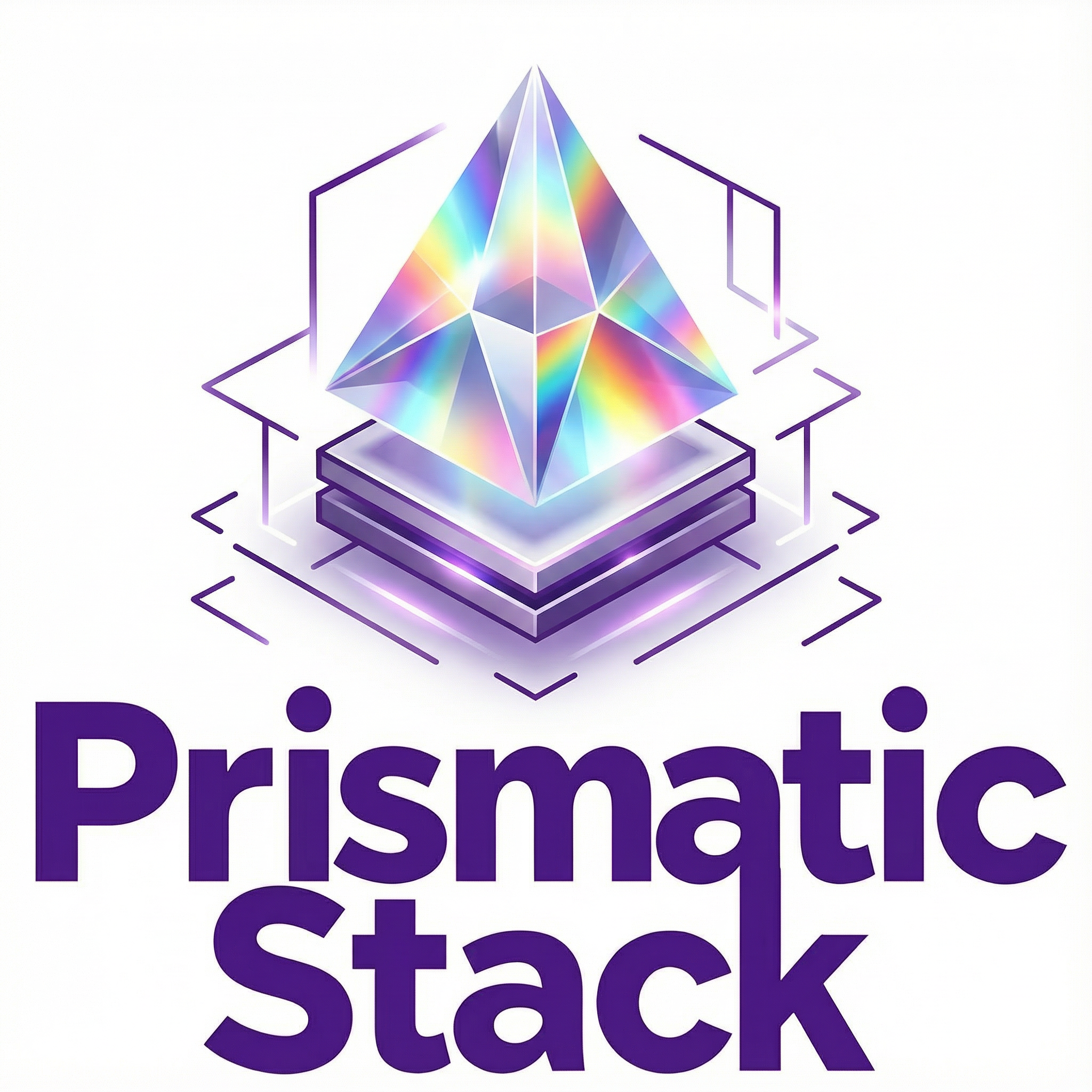GTM from Day Zero: How Product Managers Turn Jobs-to-Be-Done Into Compounding Growth

TL;DR
- Product ≠ a pile of features.
- Product = a promise that someone can become a better version of themselves - and your go-to-market plan is simply how you prove that promise at scale.
I came up as a media-buyer (Sky UK, PetLab Co) before moving 0-to-1 inside start-ups. That 'growth-first' DNA means I scope every feature with distribution considered. Below is the playbook I use to merge product management with go-to-market... Complete with Jobs-to-Be-Done framing, lean experiments, and a sequenced three-stage relay that turns sparks of interest into category leadership.
1. Scope With the Go-to-Market in Mind
Jobs-to-Be-Done: the north-star lens
“A JTBD is the process a customer goes through to transform a current life-situation into a preferred one when constraints stand in the way.” — Where Coffee & Kale Compete
- People have jobs; products don't.
- Solutions are hired (and later fired).
- Value attaches to outcomes; progress = "better me".
Four forces that decide adoption
| Push | Pull | Inertia | Anxiety |
|---|---|---|---|
| Frustration with status-quo | Allure of "better me" | Comfort with current set-up | Fear of time, money, identity loss |
If your scope doesn't intensify Push & Pull while disarming Inertia & Anxiety, the GTM engine will sputter later.
Embedding for defensibility
Position new functionality inside existing workflows so ripping you out feels like surgery. That's your moat against copy-cats.
2. From Vision to Testable Hypotheses: Strategy Ladders
A strategy ladder helps teams connect high level objectives to testable hypotheses and experiments.
For a deeper dive, see the Reforge strategy ladder artefact link: https://www.reforge.com/artifacts/roadmap-to-strategy-alignment-ladder-at-reforge#609526d2-3599-4008-a0e1-f0518d8ae171
| C-Suite Objective | Hypothesis | Feature / Experiment |
|---|---|---|
| (informs budget) | (is falsifiable) | (ships) |
- Top rung: strategic objective (e.g. "Own the onboarding analytics niche").
- Middle rung: JTBD-driven hypotheses ("Self-serve PMs will pay $49/mo if integrations <10 min").
- Bottom rung: features, fake doors, pricing tests.
A visible ladder keeps the team honest and lets stakeholders see why a roadmap item exists.
3. Merging User Research With GTM (Lean Loops)
| Tactic | Purpose |
|---|---|
| Discovery calls mapped end-to-end | Uncover workflow pains, language & success metrics. |
| CRM-driven surveys | Quantify willingness-to-pay & appetite for candidate features. |
| Fake-door experiments | Validate demand inside the product before building. |
| Automated data capture | Turn every click, reply and null-state into hypothesis fuel. |
The goal: convert "leap-of-faith" assumptions into measured inputs before you burn dev cycles.
4. The Three-Stage Relay GTM Engine
| Order | Lever | What You Do |
|---|---|---|
| 1 | External lists & blogs | Piggy-back round-ups, MicroLaunch, etc.; test angles. |
| 2 | Referral loops | Built-in "invite your team", share links for every output. |
| 3 | Influencer seeding | Thread demos + affiliate links to niche X/Insta/TikTok creators. |
| 4 | Targeted outbound | Hand crafted emails to priority verticals with mini landing pages. |
rapid, low-CAC awareness + proof of demand.
Stage 2 – Build Recurring Users
- 5 | Lifecycle CRM Activation & retention drips, continuous research panels.
- 6 | Paid-ad experiments $500 Instagram/LinkedIn tests to find the best performing narratives.
- 7 | Sticky feature set Brand asset libraries, saved workflows, etc
- 8 | Agency / channel pilots White-label tests, enterprise bundles, etc
transform curiosity into habitual, revenue-generating usage.
Stage 3 – Push for Category Leadership
- 9 | Embed in workflows | One-click analytics loops, AI recommendations, etc
- 10 | Eliminate friction | "Auto-flows, template surfacing.
- 11 | Power-user optimisation | Bulk actions, localisation, deeper integrations.
- 12 | Adjacent-segment refinement | Tailored onboarding & features for neighbouring verticals.
product becomes indispensable; moat widens with every cycle.
- Learn → Amplify: winning organic narratives feed paid & in-product messaging.
- Stage funds stage: early revenue lowers CAC, bankrolls power-features.
- Unknown backlog: surfaced friction items keep discovery alive.
5. Metrics to Watch at Each Stage
| Stage | North-Star | Leading Signals |
|---|---|---|
| Ignite | Weekly sign-ups from earned channels | Referral invites per activated user |
| Recurring | 30-day retained revenue | Workflow completion rate, feature depth per session |
| Leader | Share of workflow minutes | Time-to-value, expansion MRR, embed depth |
Tie every KPI back to a rung on your strategy ladder; kill anything that can't prove it moves the metric.
6. Playbook in Action (mini-case)
• Ignite: Thread demo views → Click-throughs to fake door → 100s beta sign-ups
• Recurring: Referral loops, paid ads, features for the early majority
• Leader push: Embedded creative analytics & one-click relaunch
The product roadmap (brand asset vault, bulk translations) was scheduled within GTM - not an afterthought, as product and distribution must co-evolve.
Checklist for Your Next Quarter
Draft a JTBD statement for your top roadmap idea.
Build a strategy ladder linking C-suite objective → falsifiable hypothesis → experiment.
Spin up one fake-door or referral mechanics inside the next sprint.
Score your current levers (1–12) and fill the gaps sequentially.
Instrument leading metrics that predict each stage's North-Star.
Do that, and you'll stop treating go-to-market as a "launch checklist" and start wielding it as the second half of product management.
Want a second set of eyes on your ladder or lever sequencing?
I help early-stage teams wire product strategy straight into compounding growth loops. Book a call... Let's make distribution an integral feature of your roadmap.
Written by Alexander Chrisostomou • Published 24/05/2025 • Last updated 24/05/2025
